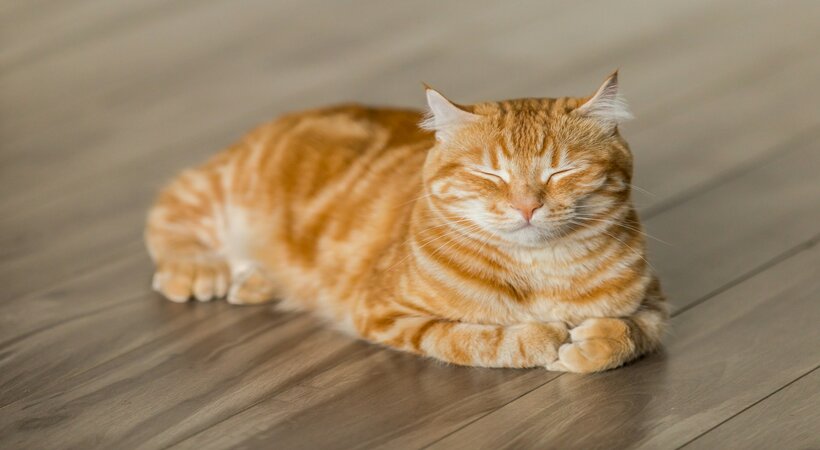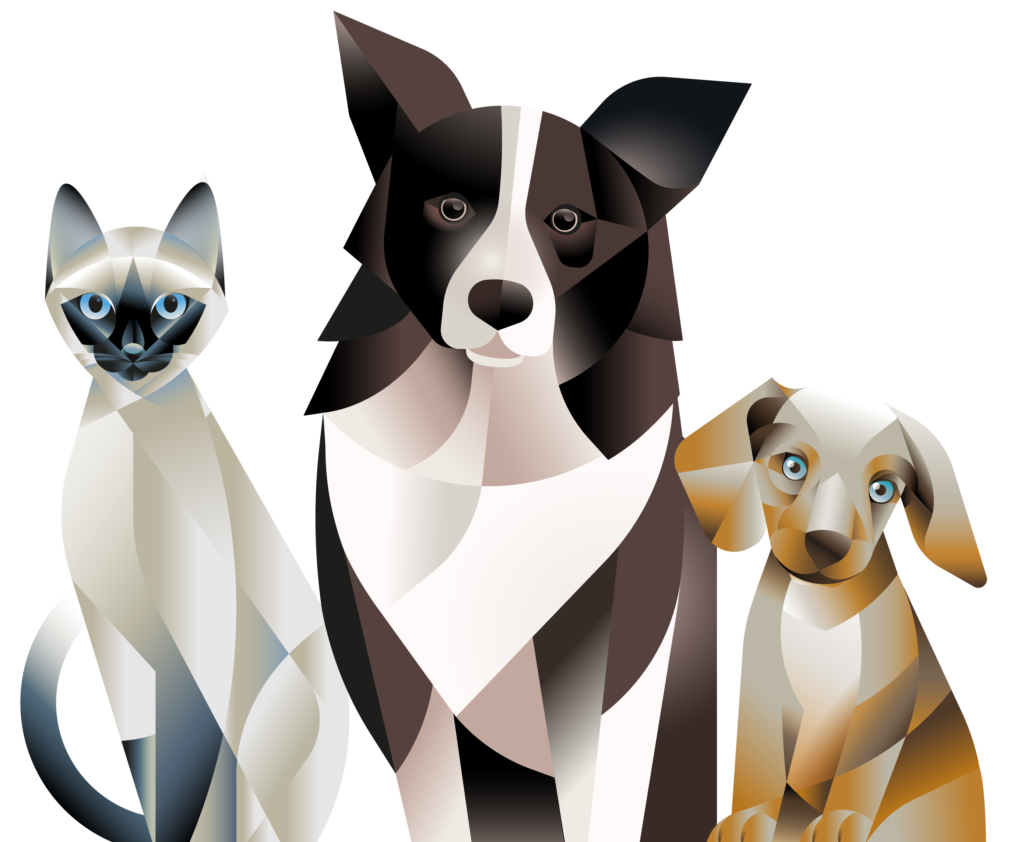Cat with Digestive Issues: Pay Attention to Nutrition
If your cat suffers from vomiting, diarrhea, or flatulence, the cause may be a food sensitivity. A monoprotein diet, available in both wet and dry versions, can provide a targeted solution to support digestive health.
Cats can develop food sensitivities that lead to digestive disorders such as vomiting, diarrhea, or flatulence. These issues often stem from intolerances to specific ingredients found in their food.
An inappropriate diet can worsen these symptoms, making a targeted nutritional approach essential. Identifying the root of the problem requires careful observation of the cat’s behavior and, in many cases, consultation with a veterinarian.
Choosing the right food is therefore crucial to improving the animal’s overall well-being.
Benefits of monoprotein foods
“Monoprotein” foods are those that contain only one source of protein, thereby reducing the risk of adverse reactions.
This feature supports cats with food sensitivities by minimizing exposure to potentially problematic ingredients.
The simplicity of the formula aids digestion and makes it easier to identify any intolerances.
Naxos monoprotein products, both dry and wet, use high-quality ingredients selected to provide complete nutrition without compromising the digestive health of your pet.
Naxos monoprotein wet food
Naxos monoprotein wet food offers high hydration levels, which is especially important for cats that tend to drink very little water.
Adequate water intake supports digestive tract health and helps prevent kidney complications.
The soft, palatable texture makes this food ideal for a cat with digestive issues, promoting easy assimilation of proteins.
Ingredients such as oily fish, rich in taurine and omega-3 fatty acids, contribute to overall wellness, helping maintain a shiny coat and healthy skin.
Naxos Monoprotein Dry Food
Naxos monoprotein kibbles are designed to meet the needs of cats with food sensitivities while maintaining a high protein content.
Low-temperature processing preserves the nutritional value of the ingredients, ensuring optimal digestibility. These gluten- and grain-free kibbles help reduce the risk of intestinal irritation.
Their balanced formula, enriched with superfoods like pomegranate and citrus fruits, supports the immune system and helps with the passage of hairballs.
Balancing wet and dry food
A combined diet of Naxos monoprotein wet and dry food offers numerous benefits.
Integrating both types of food into your cat’s daily routine ensures complete nutritional intake, blending the hydration benefits of wet food with the convenience of dry kibble.
It is advisable to compose the diet with approximately 50–60% wet food and 40–50% dry food, adjusting to the specific needs of your cat. This strategy helps maintain proper hydration and prevents digestive issues, ensuring a varied and appealing diet.
Tips for a smooth dietary transition
Switching to a monoprotein diet should be done gradually to avoid stressing your cat’s digestive system.
A sudden change may worsen digestive symptoms, so it is recommended to introduce the new food by slowly mixing it with the previous one.
Monitoring stool quality and the cat’s behavior during the transition helps assess food tolerance.
Consulting a veterinarian to personalize the diet and ensure compatibility with any existing medical conditions is always a wise choice.


